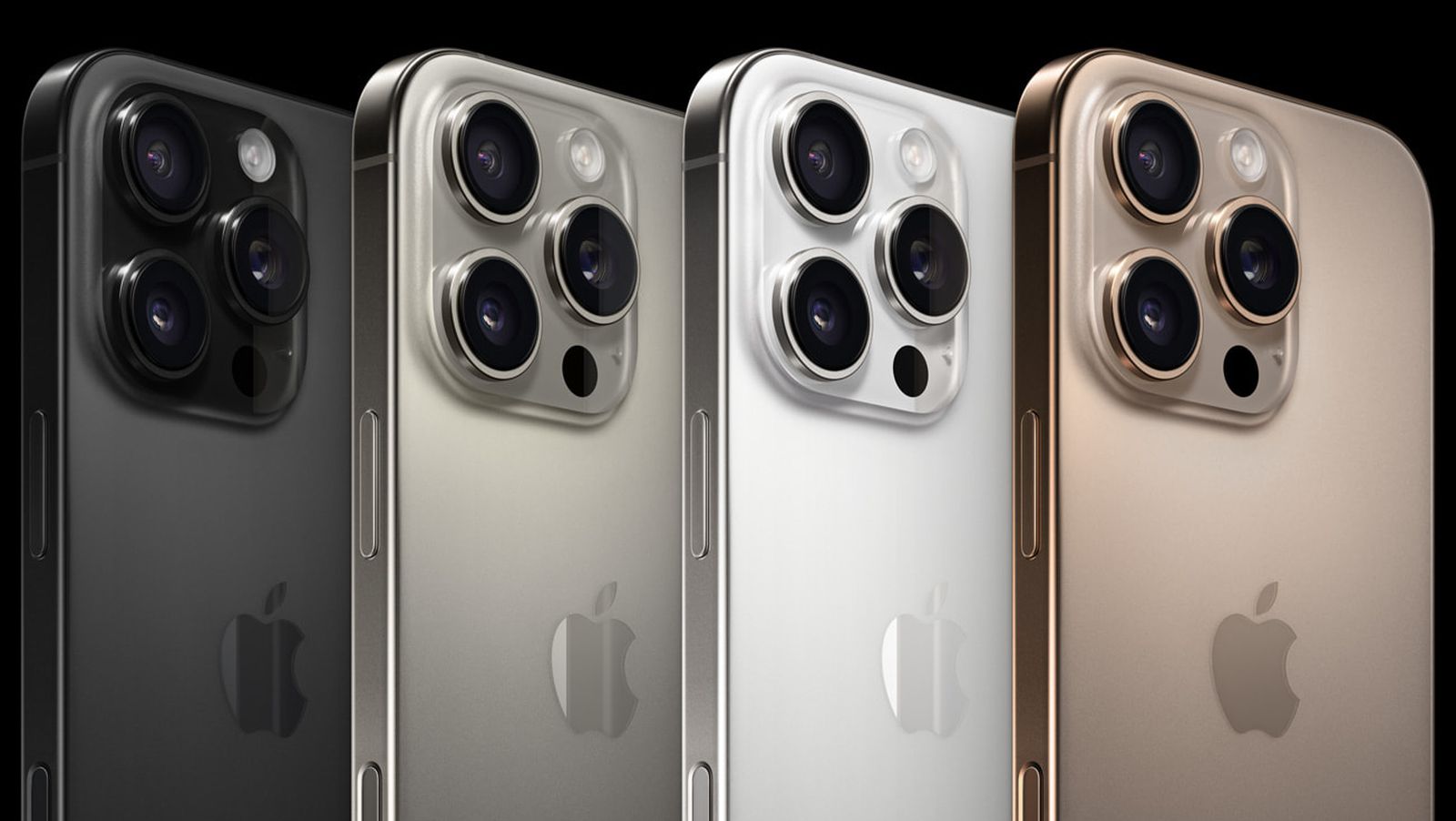Exactly, I'm not obligated to pay more to the shareholders. But if they back a product that provides superior value relative to their investment then they should get a return. The directionality here is important.
You aren't obligated to buy things you don't want, that's correct. If a company builds a product worth more to you than the cost of making it then they deserve a profit, that's correct.
Something about your statement of directionality dependence makes it feel like you've left something unstated that you think would be somehow controversial...
For an appliance yes for a computer no. I don't care at all what microprocessor is in my dryer (if anything the less the better). Even if we were talking about web browsing devices (chromebooks, iPads, etc), I'd say sure whatever gets me a given level of browsing performance is good.
For a computer, I am not buying something to do "the job". I am buying a device to run a wide variety of software I know about along with the option to run software not yet written. Or even in the case of a single task, if I know "the job" requires 25 GB of working memory then I know I need at least a 32GB system. A system with 8GB of RAM just isn't going to handle it efficiently if at all. No matter how brilliant Apple's engineers are.
It's still a matter of performance and reliability in doing the job you need it to do however you define the job. The individual specs simply don't matter, what matters is the aggregate.
And then there's the unknown future needs. Apple Intelligence is a clear example of even Apple's engineers not foreseeing the additional hardware requirements to keep up with the market.
You'll have to spell that out for me. What I've seen is Apple Intelligence being a clear example of how attempting to future proof is futile. I haven't seen any features tied to RAM requirements-- they're all spec'd by processor generation.
The mistake people make in trying to "future proof" their machines is thinking that the future will depend on technology choices available in the past. AI doesn't rely on RAM alone, it uses RAM, the neural engines, the GPUs and who know what else inside those chips. Buying a ton of RAM you can't use because you don't have another component is foolish.
Again, for someone who needs 32GB of RAM and 1 TB of storage, you're not buying something for $100 less than a Mac Mini. You're buying something that < 1/4th the comparable configured Apple device.
Of course if you don't actually need 32GB and/or 1 TB storage then it goes to waste. But then it's not really a useful discussion to compare things that aren't what people need anyway.
That seems to be the discussion people are trying to start though-- I haven't see a single use case in this thread that requires that kind of RAM. I'm sure someone can imagine one, but I don't see anyone actually doing one-- let alone being able to position it as having broad market demand. These forums have convinced people they need specs they simply don't and they obsess about it forever rather than focusing on what tool does the job.
And I'm absolutely not saying a Mac Mini is the right tool for all jobs, I'm simply saying I don't find anything about this machine to be "mind blowing" and that it's terribly misguided to use this Amazon listing as a launching point for a discussion on Apple prices.
Last edited:



